Cycling and eating disorders: My relationship with body weight and the bicycle
Does the world of road cycling unintentionally reframe harmful behaviours in a positive way?
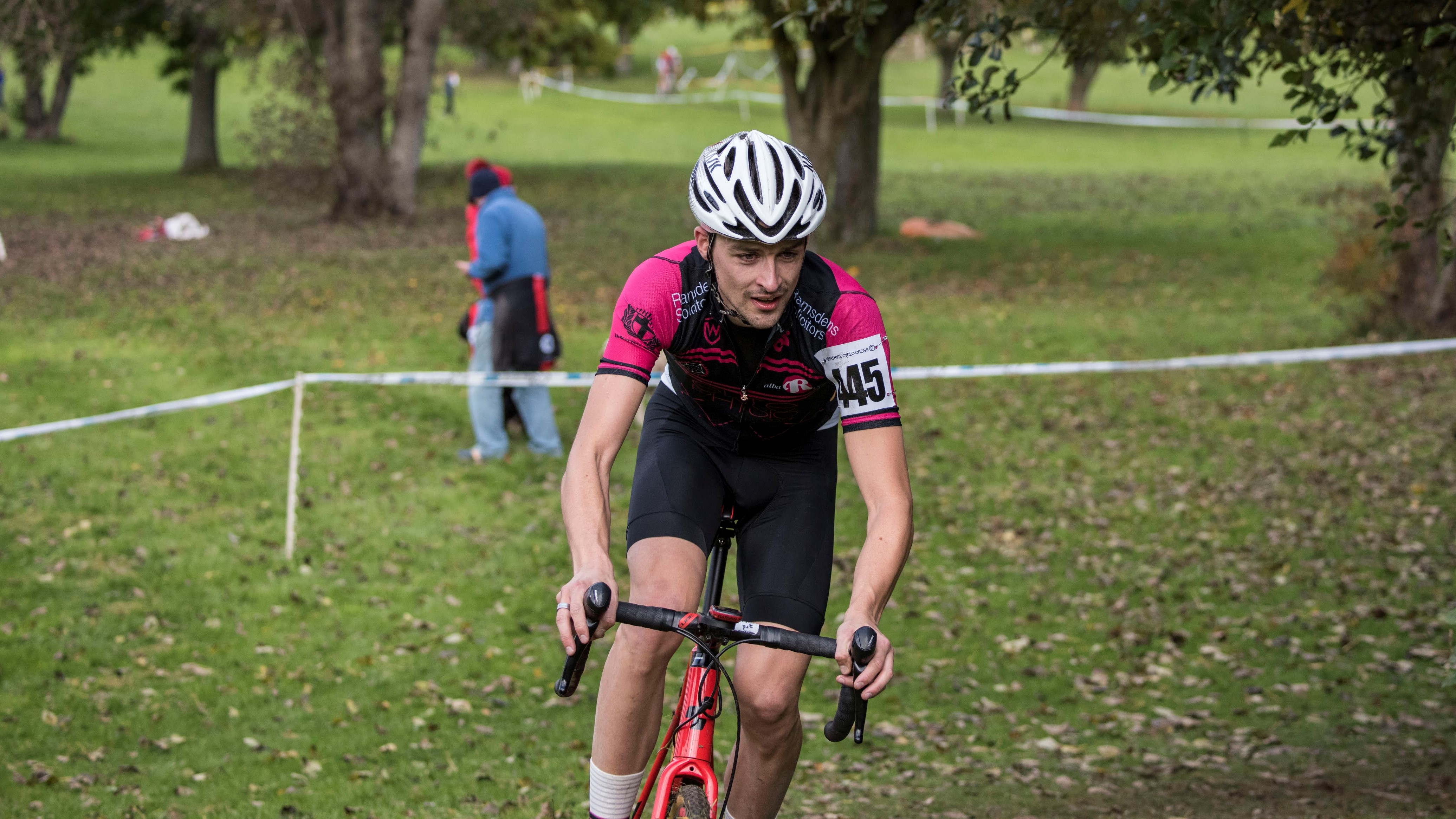
This week has been Eating Disorder Awareness Week in the UK, and while I have spoken openly about my relationship with body weight before I haven’t been afforded the opportunity to share it with such a large audience until now.
Rider weight is an ever present theme in road cycling, especially in the professional peloton. Weight is, after all, half of the magic watts per kilo ratio. What isn’t talked about so much is how this obsession with weight can have an impact on the health, both mental and physical, of riders. As such I feel something of a responsibility to share my own story of a problematic relationship with both food and the bicycle, as stories such as this, particularly from a male perspective, are few and far between.
There may be subjects within that some of you have trouble reading about (anxiety, depression, disordered eating, self harm). The aim of this piece isn’t to cause distress or to sensationalise what are naturally very difficult topics to negotiate, or to gain sympathy, but to share my own experiences as honestly as I can in the hope that it can help people recognise similar behaviours in themselves or others, and take action if necessary.
Finally, and perhaps most importantly, it should be made clear that at the time I was more or less unaware that the behaviours I was exhibiting were problematic; I genuinely believed I was just ‘being a cyclist’. Only on reflection have I realised things weren’t quite as they should be.
Tech Talk is a new semi-regular series of opinion-led content from the Cyclingnews tech team. Its focus will lie primarily on cycling tech past present and future, while also providing a channel to discuss more serious topics, such as the one you're reading.
Find more in the series:
How I came to the world of road cycling
Before joining the great and the good of the cycling media world I trained as a mining geologist. As a student my dream job was to explore for gold in remote parts of the world, and my first job out of university was just that; three months in Mongolia drilling for copper and gold in the Gobi Desert.
Alas, my dream rapidly descended into something of a nightmare after I contracted dysentery almost immediately, but so determined was I to have a decent first line on my CV I refused the offer to leave the camp to seek medical assistance and stuck it out until the end. On returning home I had lost around 11kg, and gained a small community of parasites which took another few months to rid myself of. I’m 6ft tall, but came home weighing 62kg.
Recovery was slow. I was always a sporty person, but having an almost permanently upset stomach and an associated anxiety of social situations essentially excluded me from the set schedule of team sports, and so I turned to the bike. I had commuted on my road bike daily at university, and had always loved riding around for leisure as a teenager, but now the bike became my way of tracking my recovery.
Get The Leadout Newsletter
The latest race content, interviews, features, reviews and expert buying guides, direct to your inbox!
When I felt alright I could dash out and do a single 5km lap of my town. That became two laps, then three. Slowly I found myself getting fitter and stronger, but thanks to the persistent stomach issues and medically-required dietary restrictions I found gaining weight near impossible.
As many new cyclists do, I eventually joined a local cycling club.
“You’re skinny”, someone remarked, “you must be a good climber!”.
I guess I’m a climber then.
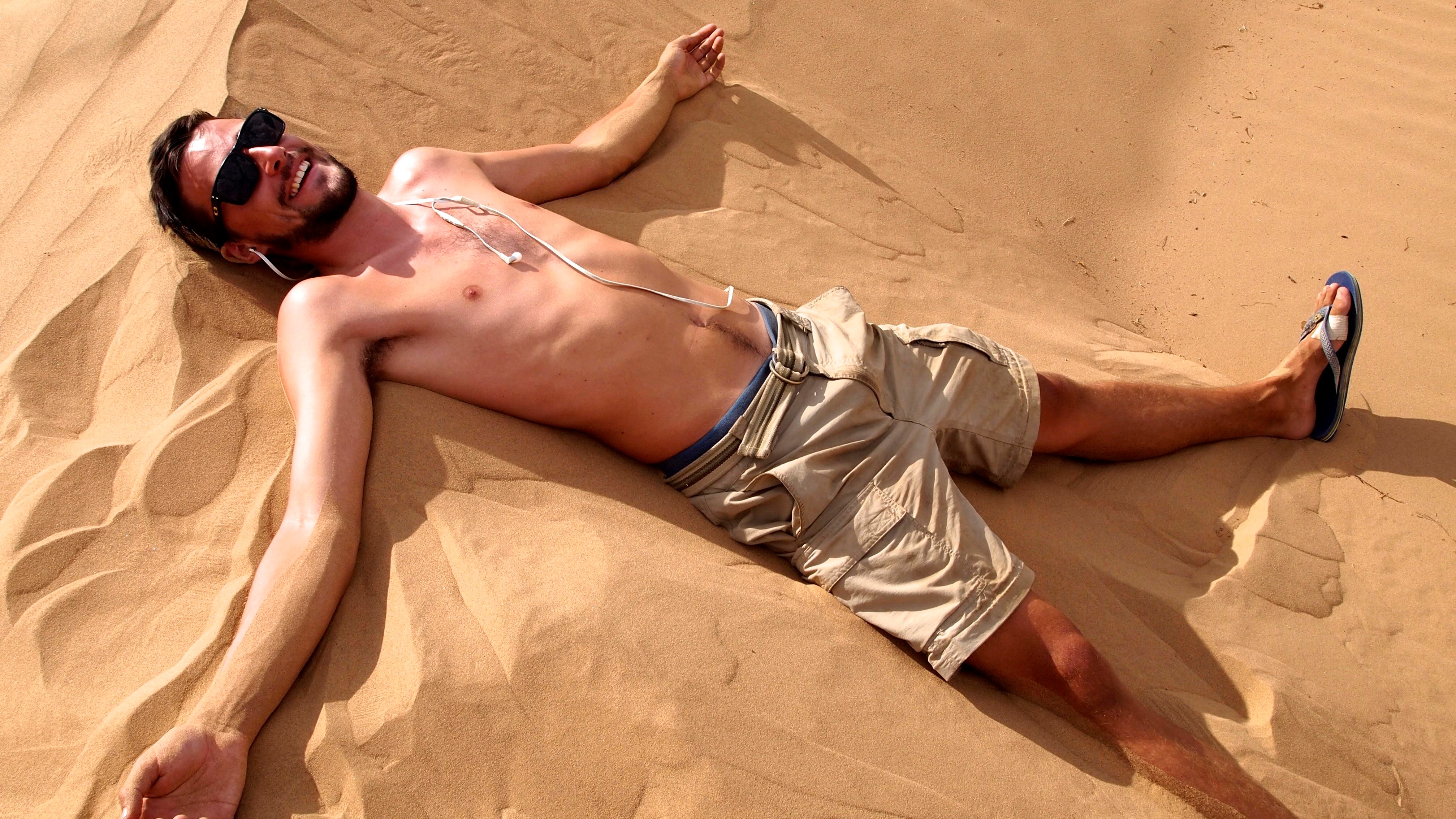
The obsession with weight
In my experience, like many amateur versions of pro sports, club cycling is a lot of pro-cycling cosplay. This isn’t to detract from what is totally natural behaviour at all, and as I became more and more engrossed in the world of cycling I wanted more and more to emulate the professionals, which seemed to be the general consensus among my clubmates.
They have tall socks now? Well, so do we!
They do fasted rides? I didn’t want breakfast anyway…
At this point in my life I wasn’t in the best mental state. Mid 20s, trying to make it as a young adult can be a lonely affair at times. Pressures to be successful, to be social. The legacy of my time in Mongolia meant I had quite severe IBS, and with it came an increase in the anxiety that had been a factor in my life for as long as I could remember. I was at times too anxious to leave the house.
With this anxiety came a feeling of a loss of control. Cycling, more than anything else, gave me back this feeling of control. More insidiously though it also became the only time when the near constant stream of anxious thoughts subsided.
I found myself cycling more and more, always at a ferocious intensity. Through the winter I was training for cyclo-cross, but without any real structure. Just punishing intervals on the turbo trainer. In the summer months I rode more or less every day. If I did less than 200km on a weekend I began to see this as a failure, as if an 80km ride was somehow not worth doing. If I wanted to be like the pros I had to act the part. More than that, though, if I just rode harder and harder maybe the worrying would stop, even if just for a short while.
The riding, the really intense efforts with no end goal in mind, were in all honesty a way of hurting myself. A socially acceptable, totally invisible form of self harm. Lungs and legs screaming up every hill, but for no purpose other than a physical release.
I began to weigh myself, too.
At first it was every now and then out of curiosity, but my weight soon became the thing I was trying to control. The cycling took care of the anxiety while riding, but maybe if I could drop another kilo or two I’d be happier; I’d be more of a cyclist. Although I was eating more than I did immediately after Mongolia, the vast increase in exercise volume meant I hadn’t actually gained a great deal of weight. Because I’d decided I was a climber I thought this was just a lucky break; life had given me a head start on being skeletal, so I ran with it.
Eventually I was weighing myself several times a day, and took great interest in how many calories my Garmin said I expended. I recall reading an interview with Geraint Thomas about his training that made much of how going to sleep feeling hungry was part of being a pro, and so I spent countless nights trying to sleep with a body crying out for some food.
My riding experience unsurprisingly suffered as a result of these behaviours. I’d set out with the goal of a certain average speed, or a certain calorific output. If I didn't hit my numbers, regardless of how the ride went, I would judge it as a bad ride. A failure. One that I hadn’t enjoyed. Naturally as the numbers edged upwards it became harder and harder to achieve the ‘good ride’ I was looking for.
Things continued more or less unchecked or unnoticed by those around me. These habits weren’t things I broadcast, in defence of my clubmates, friends, and family. They were just what I thought being a cyclist entailed.
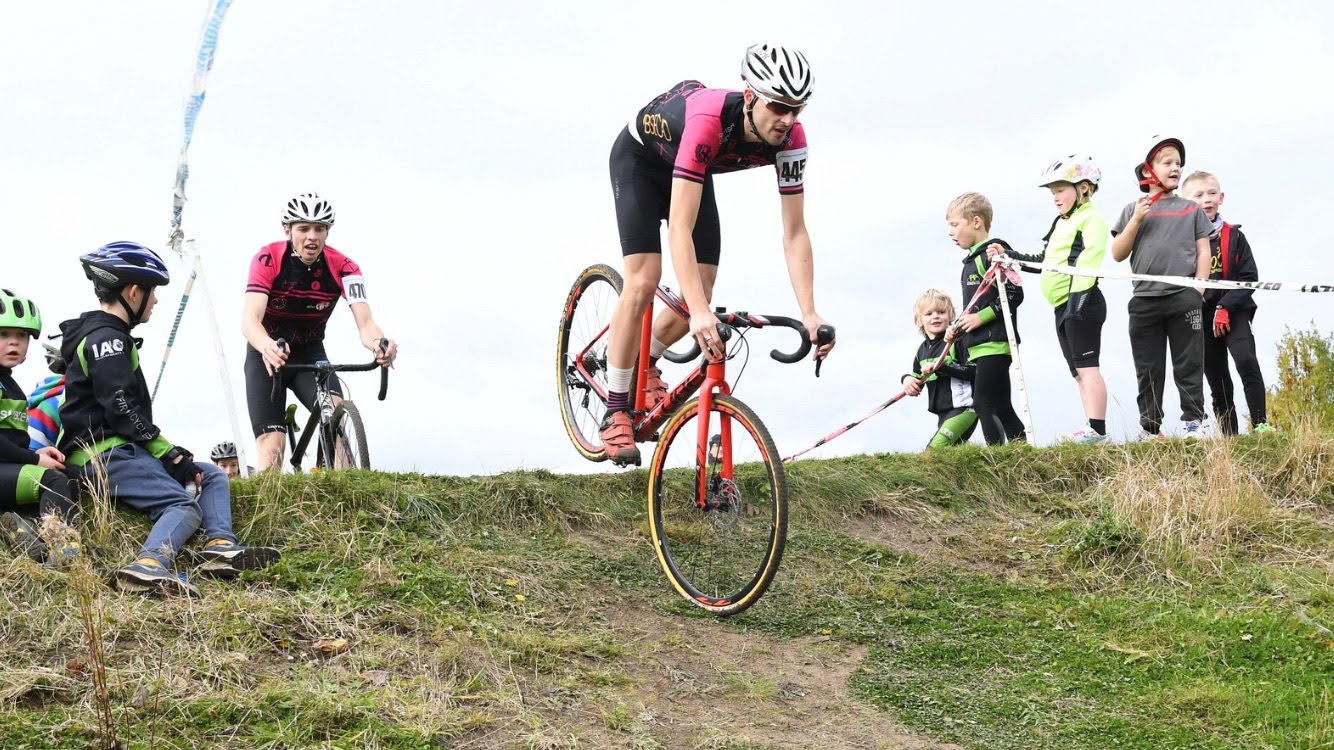
A selection of tipping points
I believe these behaviours would have continued for much longer had it not been for a few key events.
Firstly, the disc of jelly between my L5 and S1 vertebrae at the very base of my spine made a rapid bid for freedom after I tried to lift something heavy at work (now I’m just a statistic in a health and safety folder). The resulting back pain and sciatica in my legs meant I didn't sit down for six months, and couldn't ride a bike in any meaningful way for two years.
My beloved road bikes with their slammed stems and sawn-off steerer tubes were eventually sold and, being totally honest, things got worse before they got better. Unable to use the coping mechanism I had relied on for so long my mental health spiralled quite significantly. Self medication with alcohol helped the pain in my back, but made my head worse, exacerbated by the isolation of living alone.
You’d think that maybe with cycling off the menu for the foreseeable future I’d begin to put on weight, but my low mood and anxiety robbed me of any appetite, and I still clung onto my weight as something small I still had control over.
Maybe if I stay skinny I’ll still be a good cyclist when I can ride again?
This enforced hiatus gave me a great deal of time for reflection. Initially, and for a long time, this was mostly negative, but as I began to ride again I realised what it was that made me fall in love with riding in the first place. Small rides to nowhere in particular filled me with joy.
Though things were beginning to improve I wasn’t ‘better’ yet. I didn’t take a computer with me as I didn’t see these as ‘proper rides’ to begin with. I was, though, elated to be on two wheels again no matter the distance. For someone who used to scoff at any ride under 100km I found myself welling up over a half-hour pootle in the woods.
One particular incident still sticks in my mind from when my attitude towards my body weight was at its worst, and it’s one I replay in my mind when old habits resurface. I was riding my first 200km on a cold weekend in late December. No mudguards, so spray from cattle fields showered my bottles. As the ride progressed I began to feel increasingly sick, and more or less as soon as I got home I began throwing up violently. This continued for 5 days, the couple of which I was unable to keep even water down. When the bug began to subside I remember flopping my limp body onto the bathroom scales to find I’d lost 4kg over those five days, and I was honestly elated. This reaction now fills me with something close to shame but not quite. Mostly I feel sorry for my past self and what he was going through with dogged ignorance.
I’ve included some pictures of myself from that part of my riding career. In some of them I look gaunt and, to my eyes now, unwell, but in all of them I am smiling. To a casual observer there was nothing wrong, just a cyclist enjoying their hobby.
It’s also worth saying that these are things I still struggle with, though to a lesser degree. I still look at old photos of myself and think I look good, all skin and bone and sinew. These mental oil tankers take a while to change course.
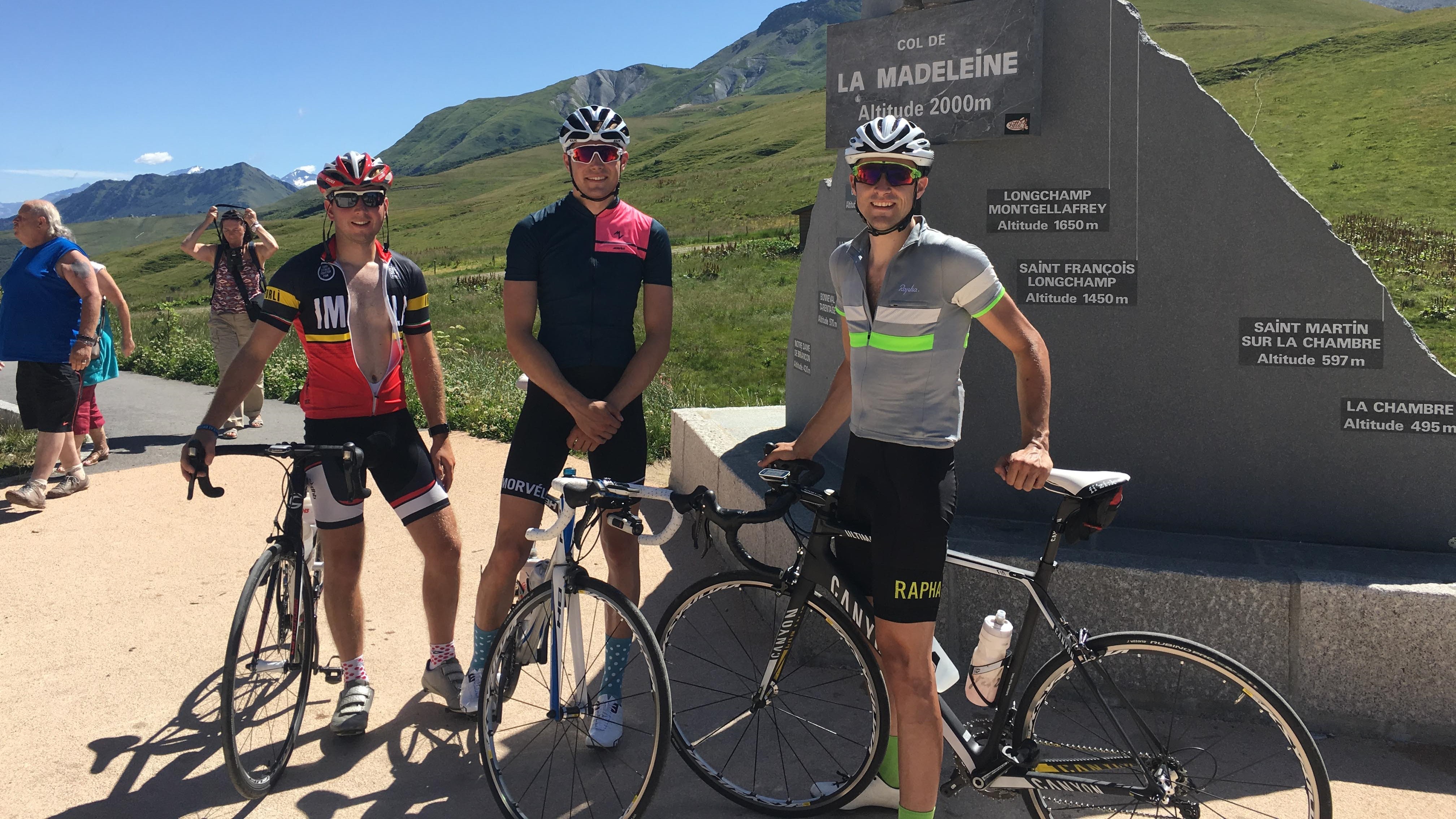
The role of the media
Race journalists naturally ask pro riders about their performance before big races, during big races, and after big races, and as such the weight of the riders comes up a lot in the media. It comes up, too, in race commentary a lot in more general terms. Tune into any hilly race and you’re likely to hear something to the tune of “We’re only 2km into the first climb of the day and already the big guys have been dropped”. While neither of these are malicious, it does, in a lot of context, frame high body weight as being ‘worse’.
It would also be naive to say that there isn't a culture around weight loss within the pro and amateur ranks alike; you only have to look at the story of Patrick Lefevere calling a 19-year-old ‘too fat’ (in this case, Belgian wonderkid Remco Evenopoel) to see all isn’t quite as it should be. Don't just take my word for it though, there are numerous examples of professional cyclists sharing their experience with eating disorder:
- Rohan Dennis reveals brush with eating disorder
- Davide Cimolai: I threw away two or three years of my career because of eating problems
- Jenny Rissveds: Two years ago, I didn't want to be alive
I’m not going to pretend weight isn't a factor in performance. Manufacturers claim to have made the lightest this and the most featherweight that and claim to save a few seconds over 40km at 250W, and having a decent power to weight ratio is one of the cornerstones of modern cycling performance, but it would be a benefit to hear some different lines of enquiry, not only from a health perspective but for the sake of variety sometimes.
I think the suggestion that coverage of professional cycling comes with a health warning is a little crass, but I also believe that the top riders know that they are role models, and as such have a duty to represent themselves in an honest way, so as to protect those who idolise them. Even just adding a simple “...because I work with a professional nutritionist and team doctor” after statements about having a lower weight would be a good starting point.
While the professional peloton is an obvious target for ire around the issue of body weight, they are at least professional athletes doing a job of work and hopefully under the supervision of professionals. More insidious is the associated image of The Cyclist as waifish and gaunt in the wider media setting, and the concept of the ‘cyclist’s physique’ as covered by my colleague, Mildred.
- Cycling nutrition: Your ultimate guide
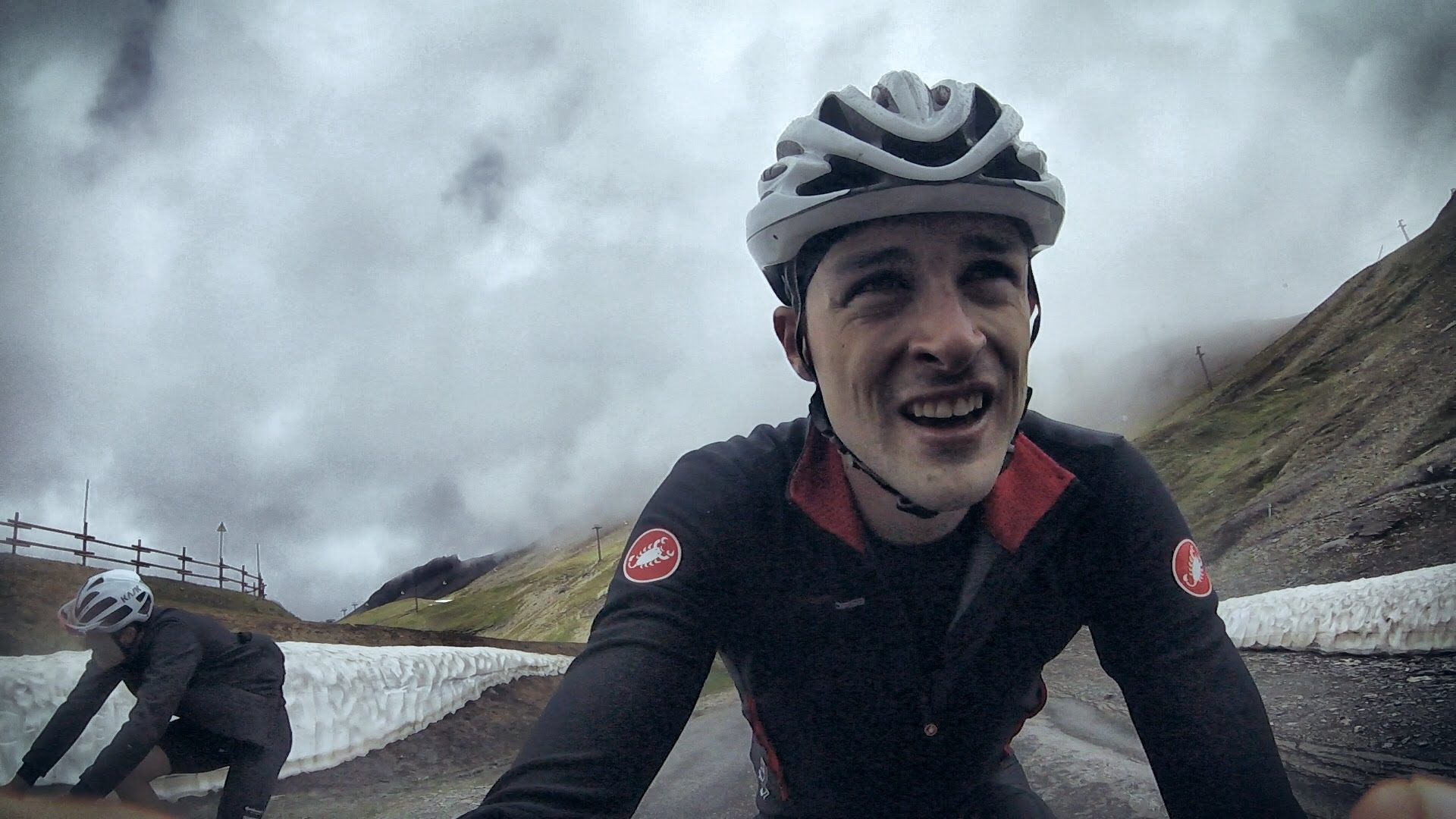
What helped me?
Suggesting solutions to any mental health issue is a near impossible task. Lived experiences differ wildly, and what works for one person may have no impact on another. That being said, if you are concerned and anything mentioned above is affecting your life then your first port of call should be your doctor, who can either suggest appropriate treatment or signpost you to relevant services.
Having a friend I was comfortable talking to about my issues was a great help, and having him be bold enough to be frank with me was priceless too.
Riding without a cycling computer, or anything that could track my calorific output was also a great help, though I can appreciate that for some this may be a big leap, as would getting rid of the weighing scales completely, though this was extremely beneficial to me too. I also made a promise to myself to never go to bed hungry. It’s a promise I occasionally break because I’m only human, but 10pm bowls of cereal are a regular occurrence nowadays.
Finally, hearing similar stories, especially from a male perspective, was a huge benefit, hence my motivation to write this piece.
There are things to feel positive about on this front too. As a massive cyclo-cross fan, seeing Wout Van Aert and Mathieu Van der Poel light up the biggest races in the world while not conforming to the skeletal stereotype gives me hope that they will provide healthier role models for the current crop of budding roadies. Even more so when a pro actively speaks about the issue. Do a quick search for ‘Neilson Powless Diet’ and you’ll find a young man who found the extreme low-calorie regime of Team Jumbo-Visma actually hampered his performance rather than improved it, prompting a move to a team with a more open-minded attitude to body weight.
No matter how much they feel like it at the time, mental health issues aren’t this static, immovable, permanent object, provided you get the help you need. BEAT, the UK’s eating disorder charity will at least give you a starting point if you need some more information. For everyone else, remember to check in with your friends.
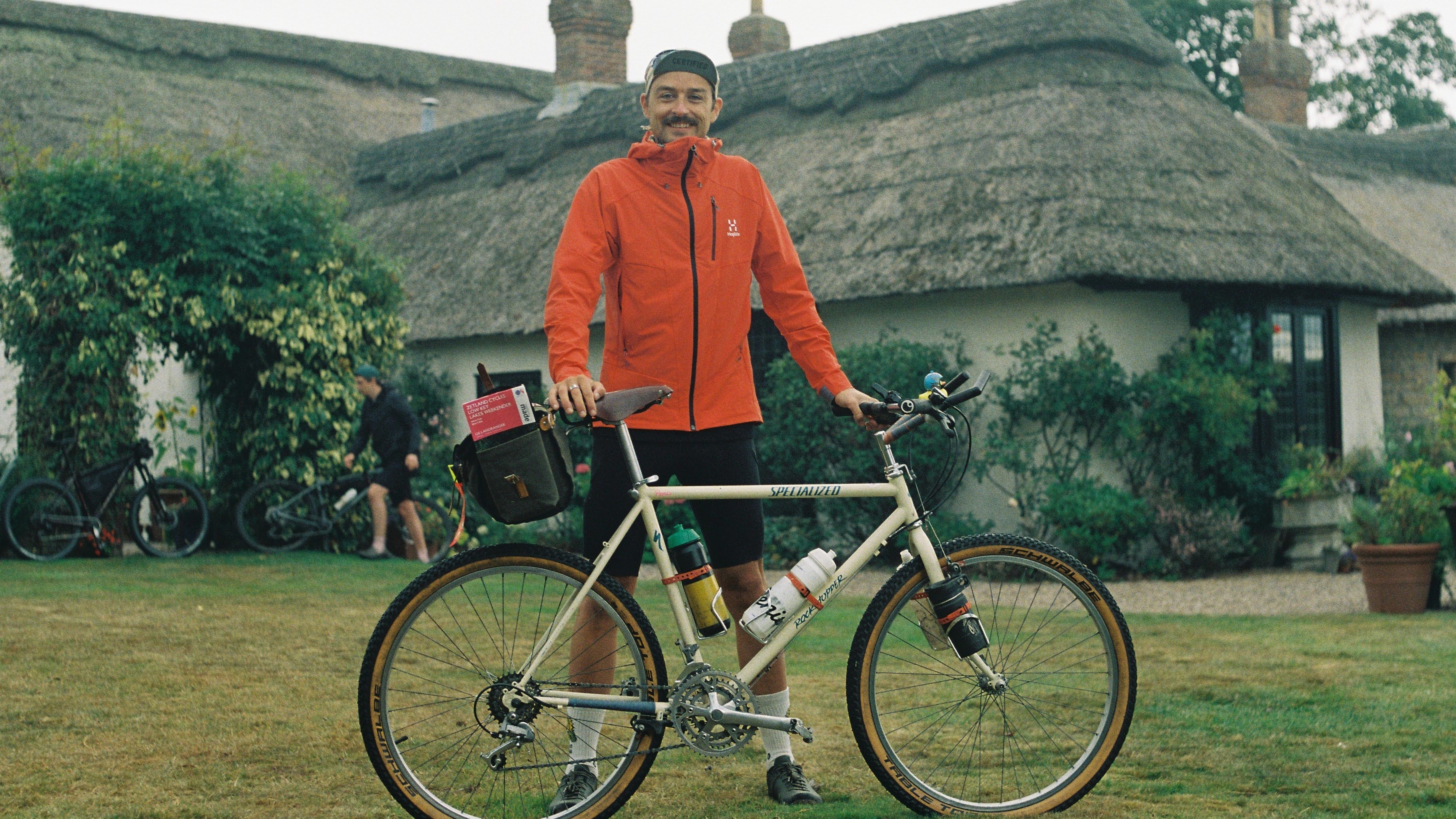
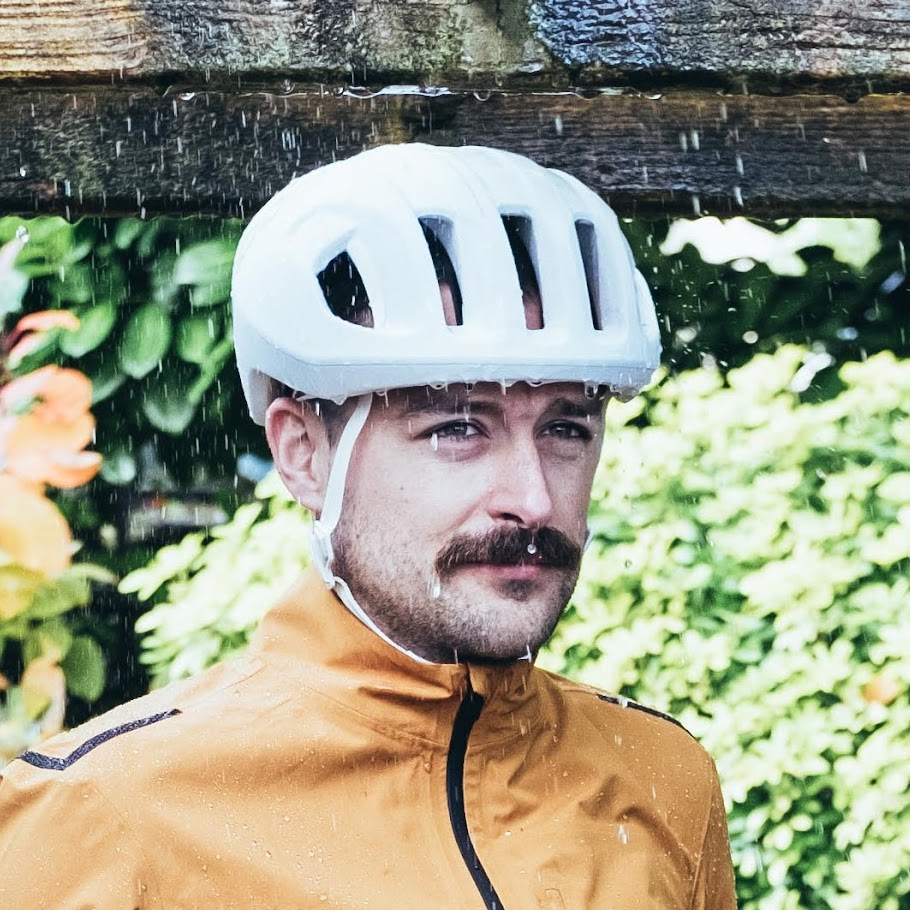
Will joined the Cyclingnews team as a reviews writer in 2022, having previously written for Cyclist, BikeRadar and Advntr. He’s tried his hand at most cycling disciplines, from the standard mix of road, gravel, and mountain bike, to the more unusual like bike polo and tracklocross. He’s made his own bike frames, covered tech news from the biggest races on the planet, and published countless premium galleries thanks to his excellent photographic eye. Also, given he doesn’t ever ride indoors he’s become a real expert on foul-weather riding gear. His collection of bikes is a real smorgasbord, with everything from vintage-style steel tourers through to superlight flat bar hill climb machines.